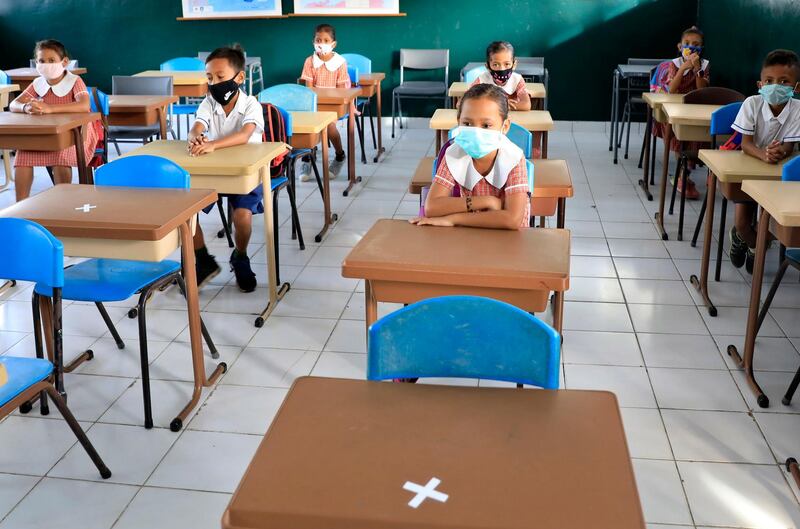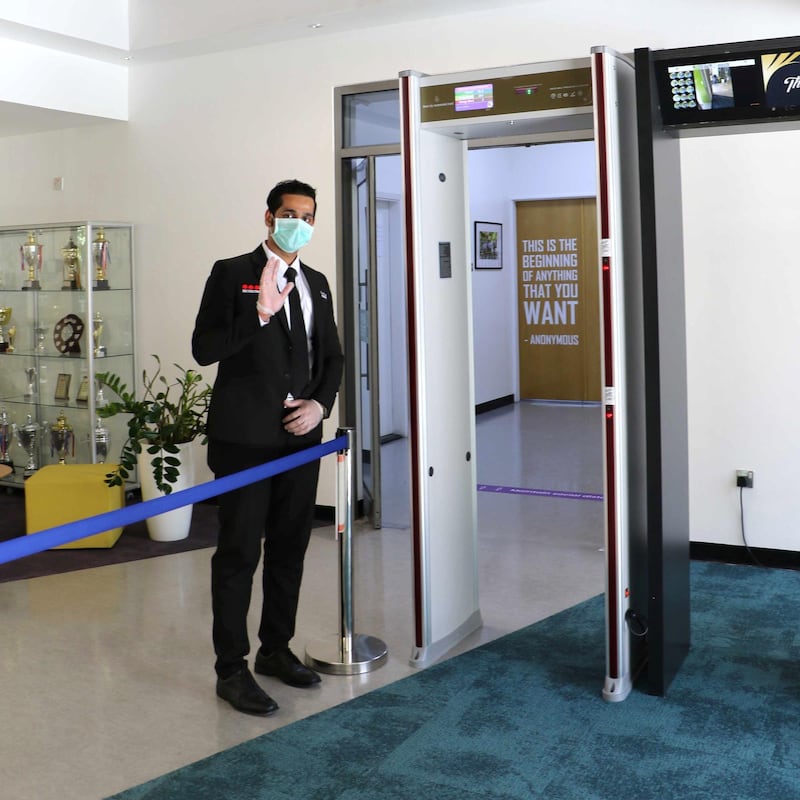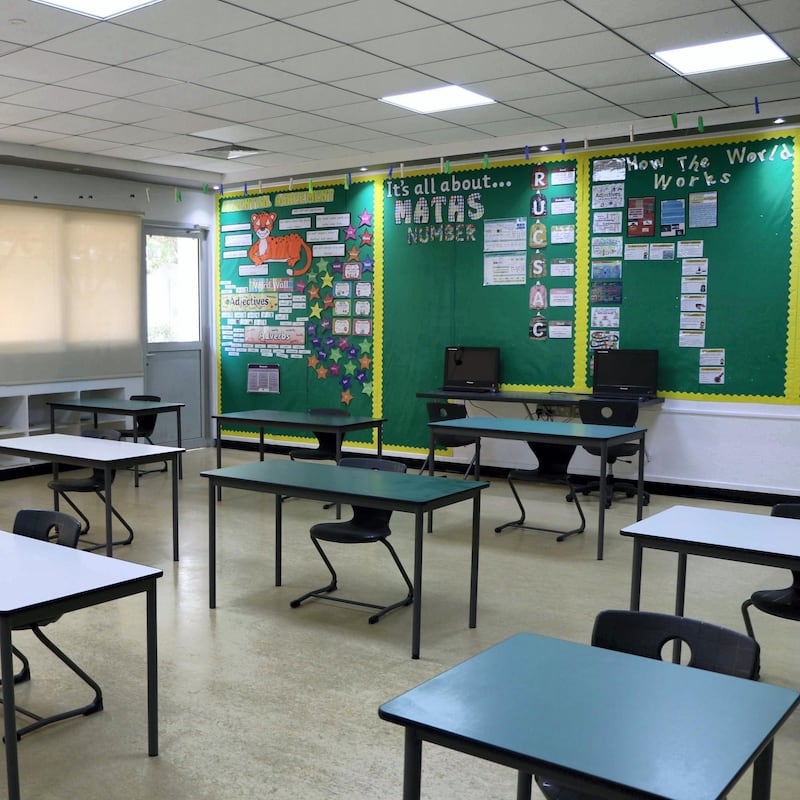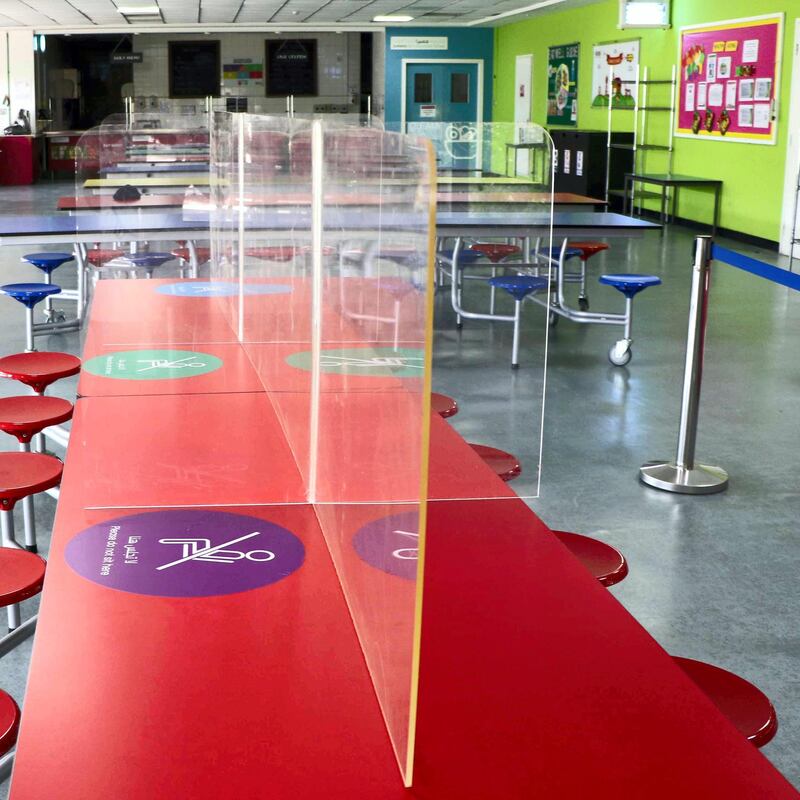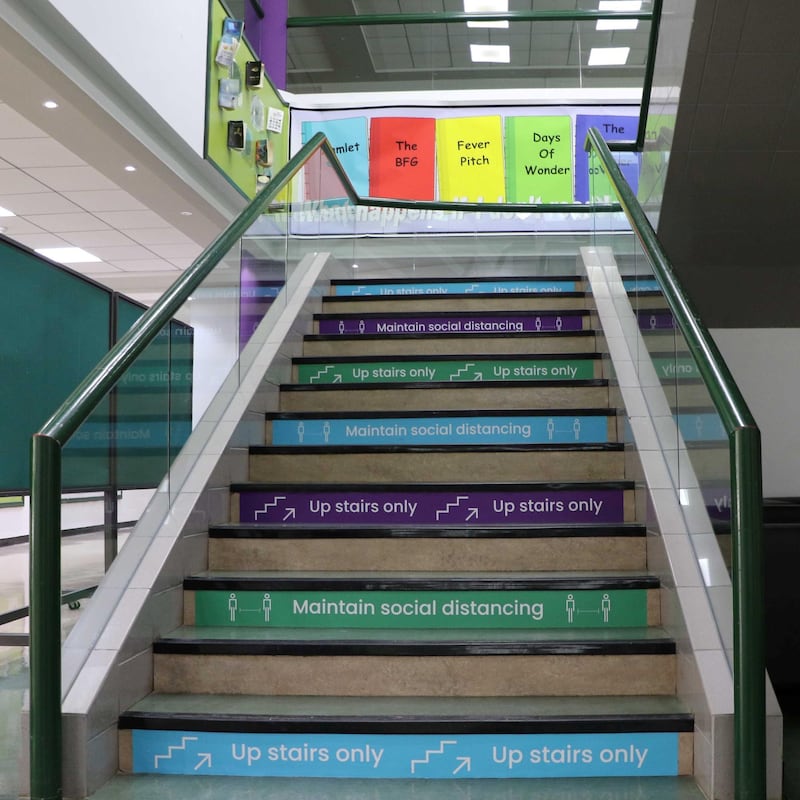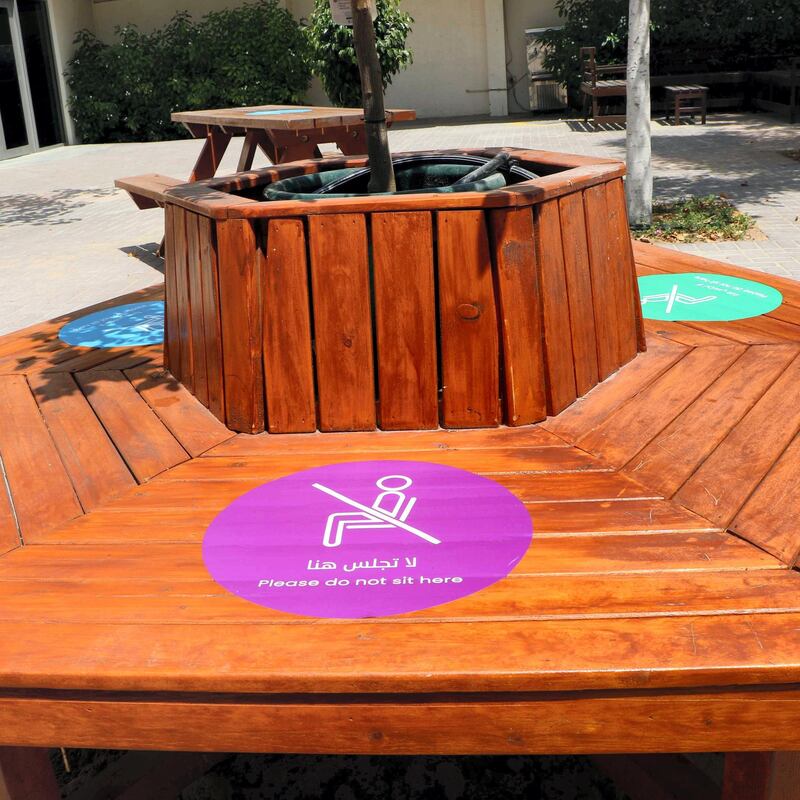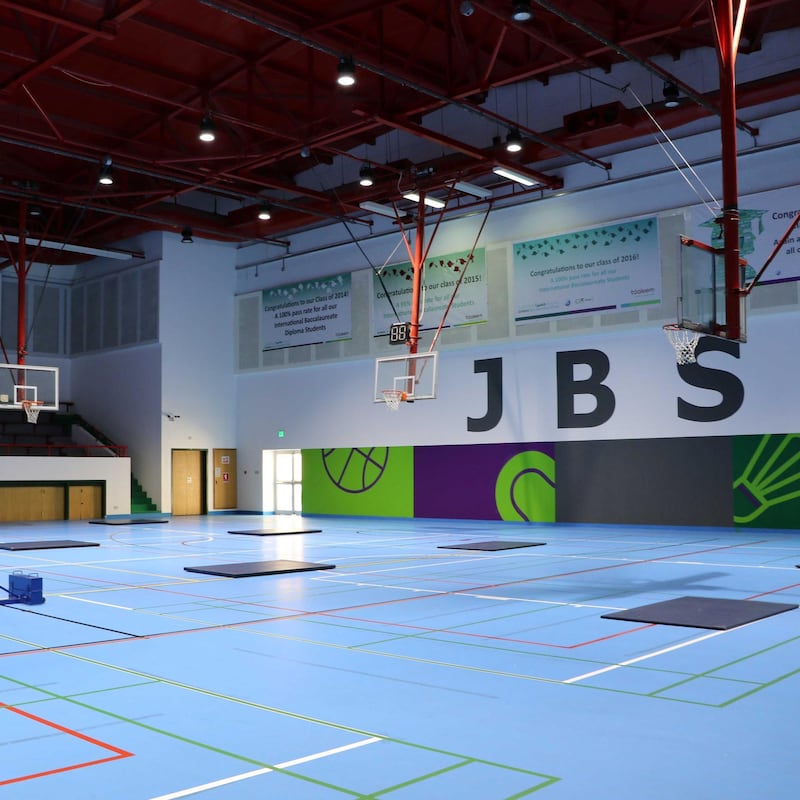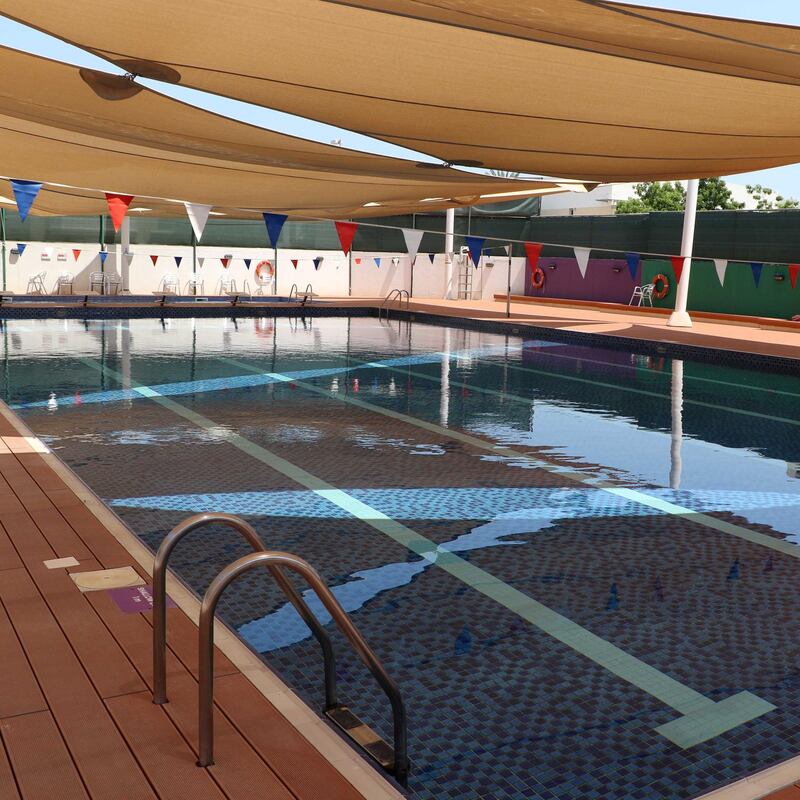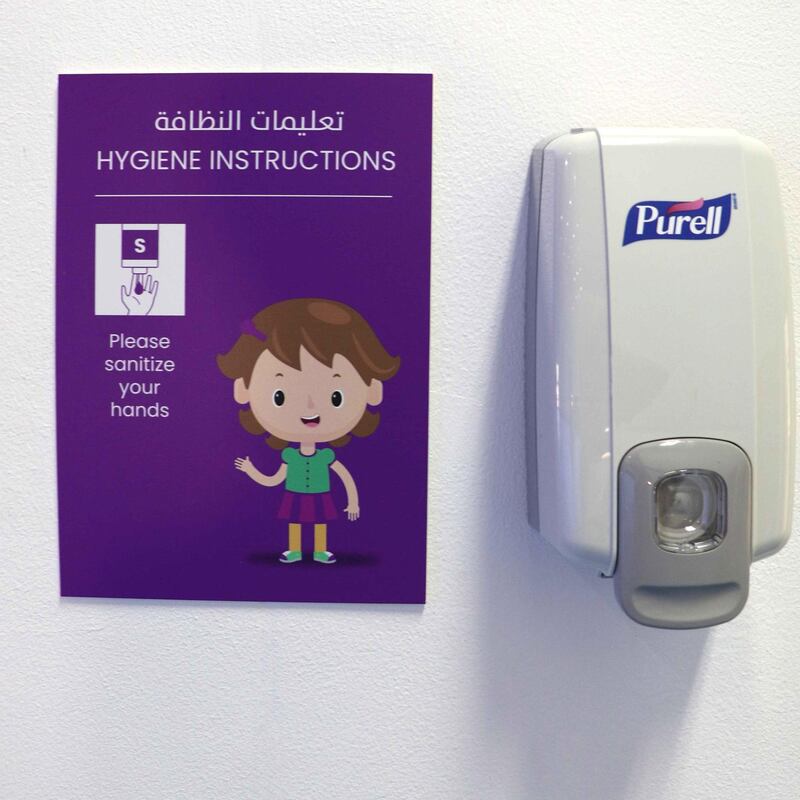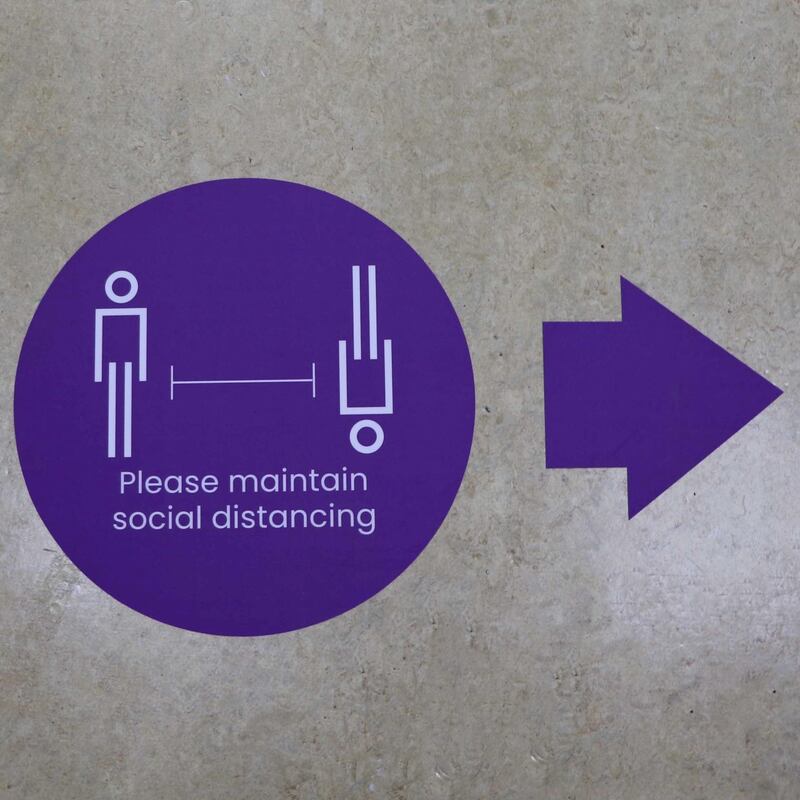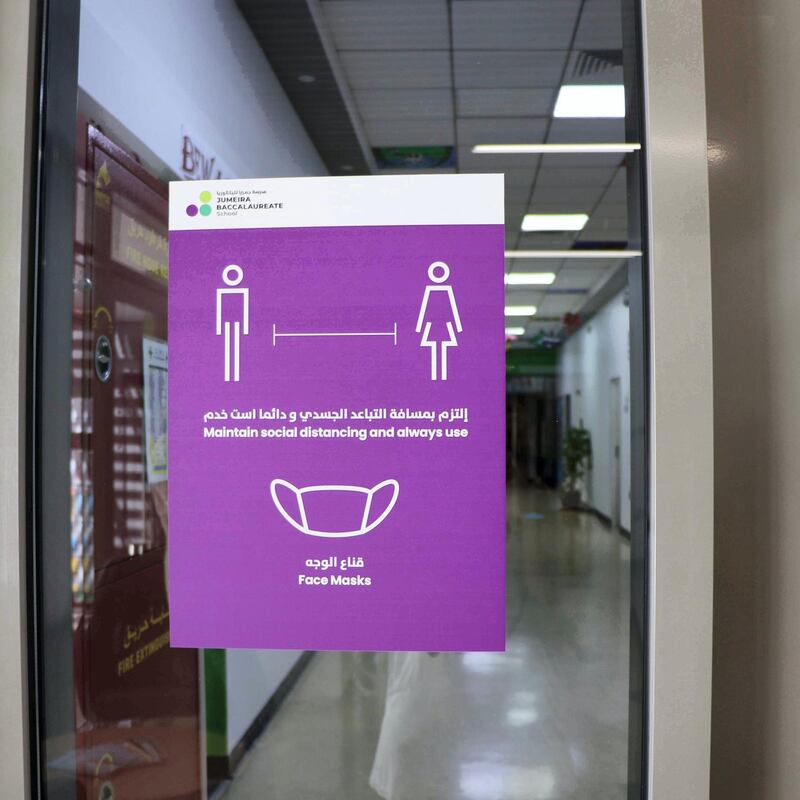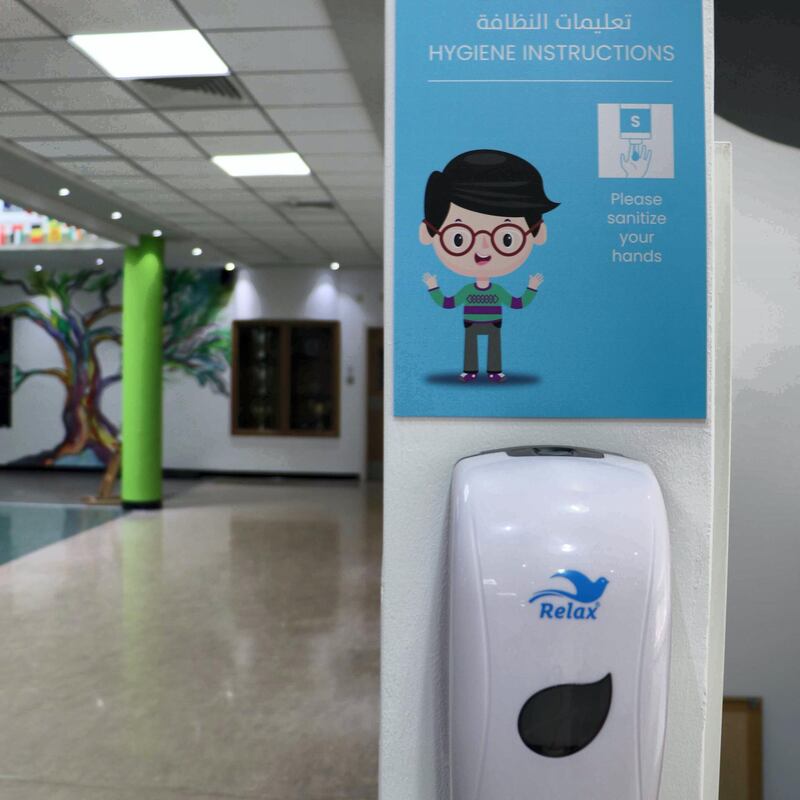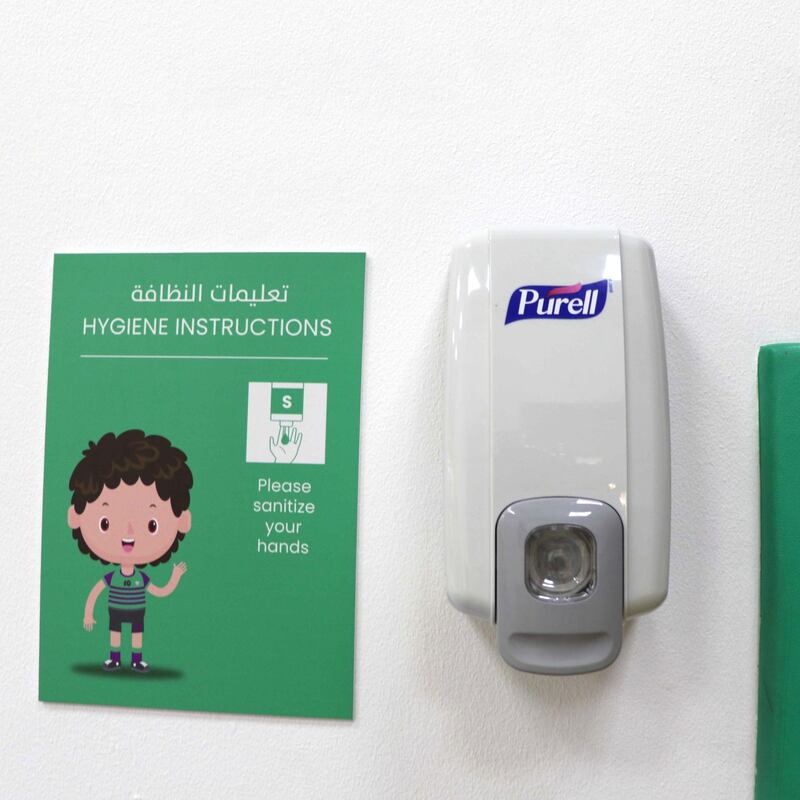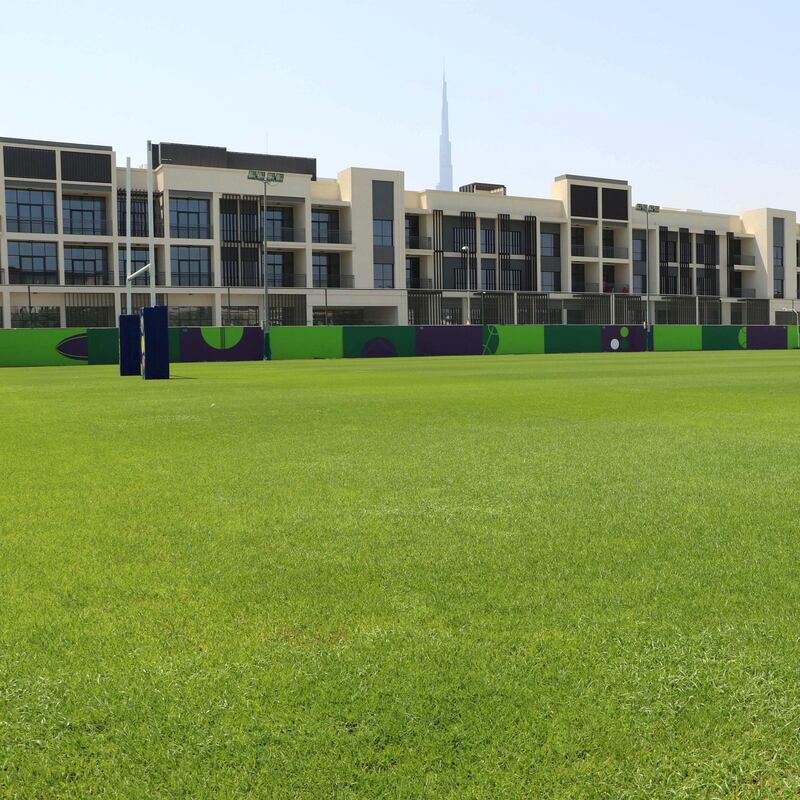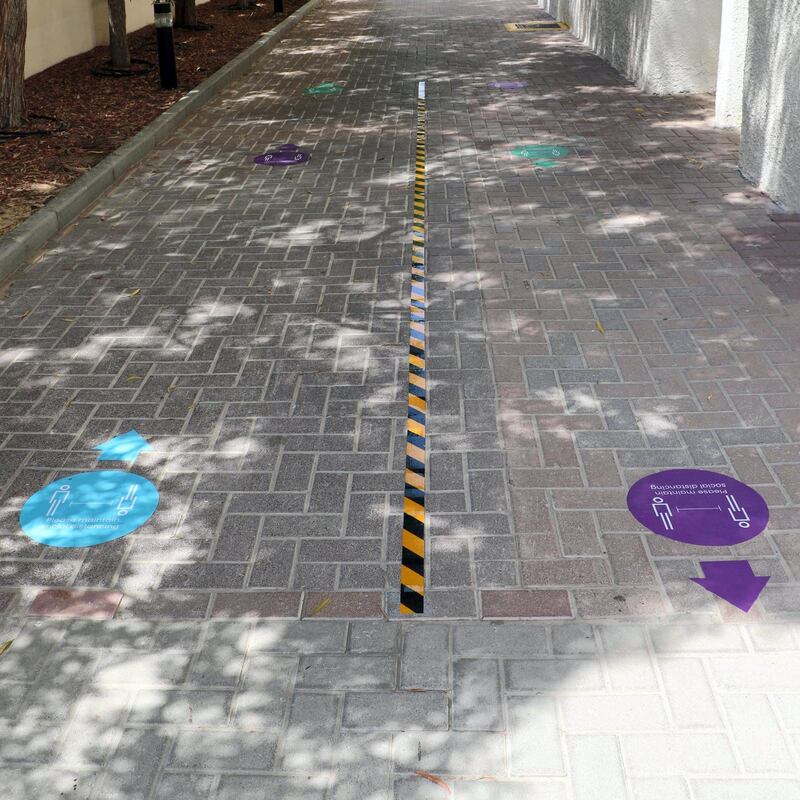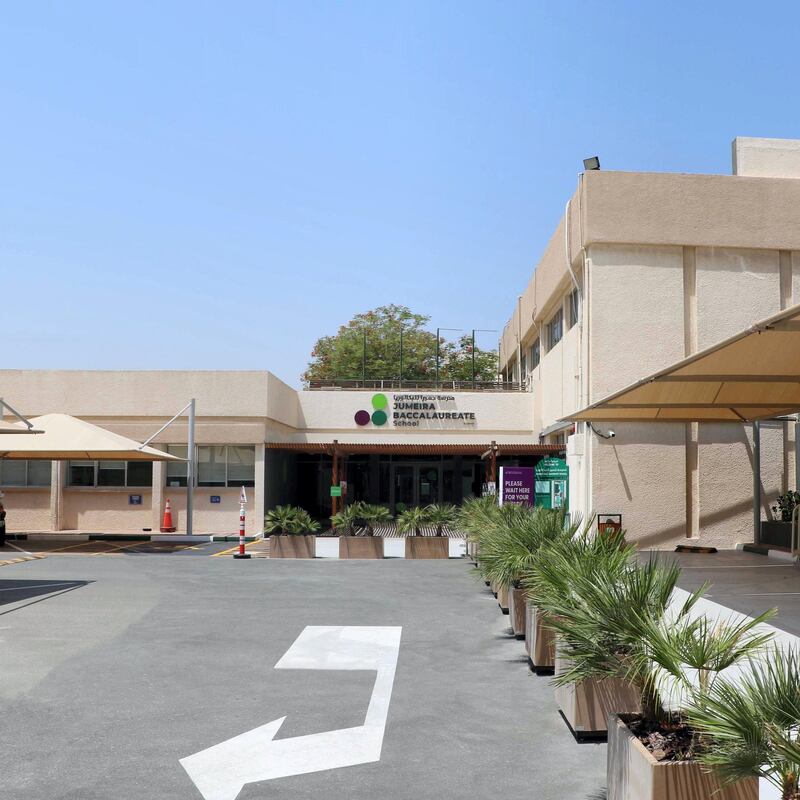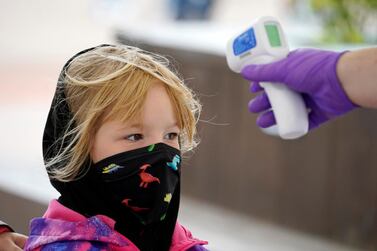All pupils and staff will have to undergo a swab test to prove they are free of Covid-19 before they return to classrooms in Abu Dhabi.
Abu Dhabi Department of Education and Knowledge confirmed pupils will have to take a test before they are allowed to enter the classroom.
Pupils and staff will be routinely screened for infection to ensure their safety, the authority said.
"We have recently issued our private school reopening policies and guidelines which detail procedures for schools prior to the resumption of in-class teaching," the authority said.
“In line with measures implemented by the UAE government, Adek’s policies also stipulate that all private school staff and pupils in the emirate of Abu Dhabi must declare their recent travel history and undergo Covid-19 testing prior to returning to the school premises."
Under the department's guidelines, pupils over the age of 6 must wear masks throughout the school day when they return after the summer.
Pupils' temperatures will also be checked daily with a non-contact thermometer before they enter school.
Pupils aged 6 and above equates to to grade 1, or year 2 in the British system.
“If your child is unable to wear a mask, they may be allowed to wear a face shield if supported by a medical certificate," the guidelines said.
“Children of determination with hearing impairments may use transparent masks.”
Pupils must bring at least two masks to school to wear during the day and carry a 70 to 80 per cent alcohol-based sanitiser with them, if they can.
Gloves are not recommended but may be worn, and pupils must remain 1.5 metres apart at all times.
Younger children who may find it difficult to maintain social distancing in kindergarten and the early primary grades may be grouped into bubbles of up to 10 pupils.
"A bubble is a group of pupils and staff member who spend the entire day together and do not interact with others," the authority said.
It is likely that classes will be split into two or more groups to accommodate social distancing. Children will remain in their group until the end of the pandemic.
The department said some schools may convert non-teaching areas such as gymnasiums and libraries into classrooms.
Pupils will receive regular breaks which will "likely be very different from what they experienced in pre-Covid times".
Swings, slides and other playground equipment may not be available for an initial period after reopening “to reduce the chances of cross contamination”.
"Children will be allowed to take off their masks to have lunch under supervision," the authority said.
How do you practise social distancing in school?
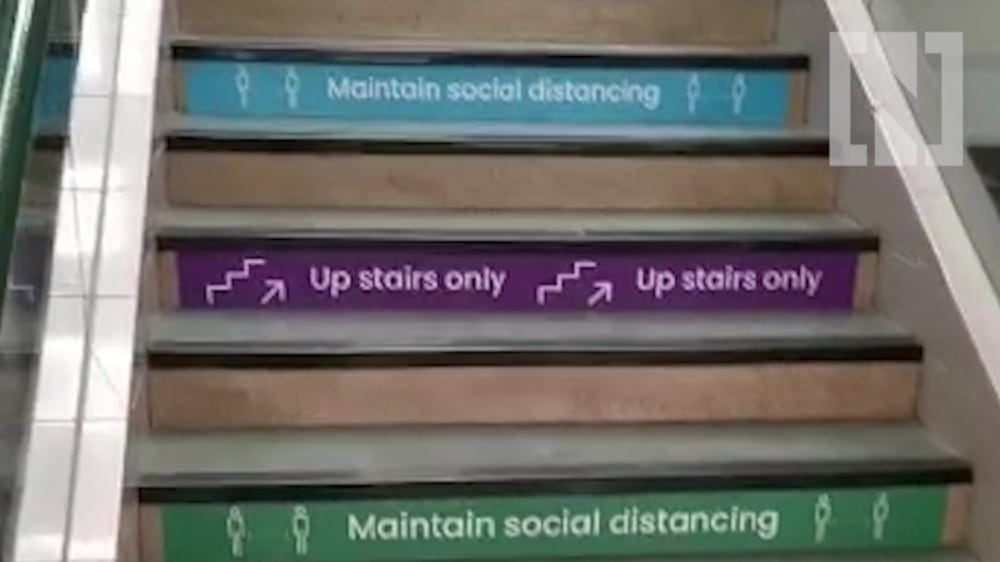
PE lessons will be suspended until further notice and schools may offer fewer subjects such as music, art and performing arts, the authority said.
Sessions will, however, be offered to children on topics such as cyber safety, dealing with loss and/or bereavement and anxiety "to support them in navigating these challenging times", the authority said.
Schools have been given the choice to allow children into school full time; on alternating days, for half days; alternating weeks; or a combination of the above.
Schools must decide and have their plans approved by the authority before they let parents know, by July 30, which model they will follow.
Full distance-learning will not be an option and all children must be enrolled in school, as opposed to being taught at home by their parents.
Children who are being schooled at home in the new academic year run the risk of having to repeat it once they rejoin the mainstream, the authority said.
On Tuesday, Arabic newspaper Al Roeya said all pupils and teachers returning to UAE schools after the summer would be tested for Covid-19 in a large screening operation, citing Ministry of Education documents. Ministry officials declined to confirm the report and told The National discussions were ongoing.
Adek's statement in full:
Adek is working closely with all relevant stakeholders to ensure the safest possible return to in-classroom education for students and teachers.
We have recently issued our private school reopening policies and guidelines which detail procedures for schools prior to the resumption of in-class teaching.
In line with measures implemented by the UAE government, Adek’s policies also stipulate that all private school staff and pupils in the emirate of Abu Dhabi must declare their recent travel history and undergo Covid-19 testing prior to returning to the school premises.
Further tests will be carried out routinely to ensure the safety of all pupils and staff.
Adek policies align with national efforts to limit the spread of Covid-19, with all staff, parents and pupils mandated to download the Al Hosn app, as per government guidelines.
